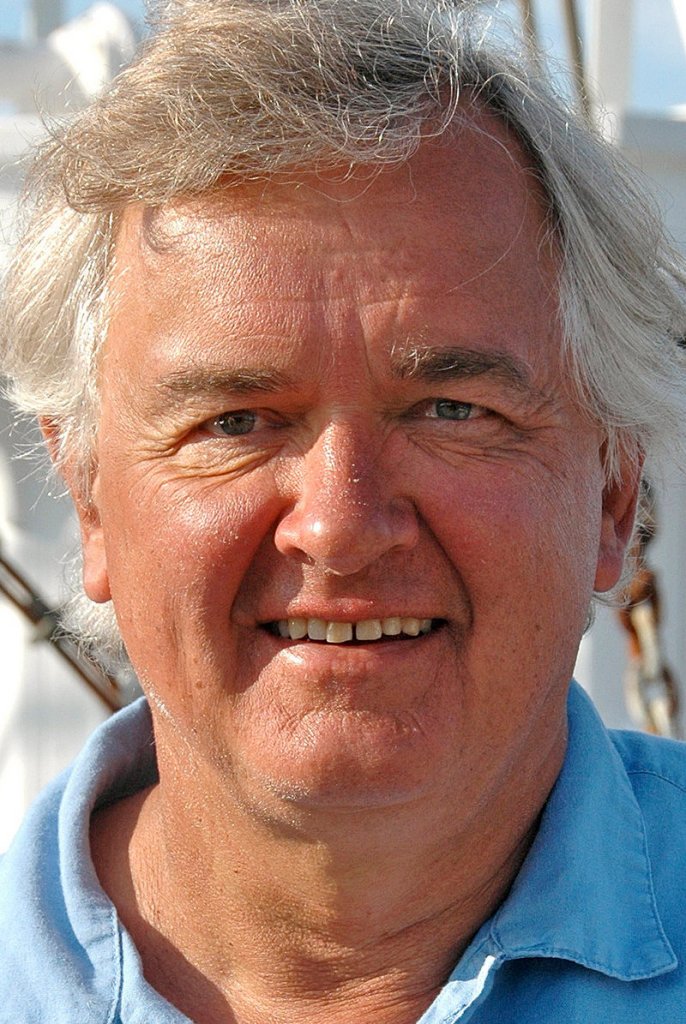BOSTON – John Bullard has purposely walked into trouble before.
In 1986, an hour after being sworn in as mayor of New Bedford, he was standing amid police officers, police dogs and a couple hundred angry fishermen, dodging a rock and trying to bring calm during a roiling strike that spawned fires and a bomb threat.
Now, he’ll only face rhetorical stones as the new leader of the Northeast office of the National Oceanic and Atmospheric Administration, starting Aug. 6. But the problems ahead have proven more intractable than the two-month strike he dealt with decades ago.
New England’s fishing industry is in the middle what some fear is a fatal squeeze between fishery science, which shows key species in poor health, and federal law demanding tough cuts to protect the fish.
Fishermen don’t trust the science and some say the regulators Bullard will lead are trying to drive them off the water.
“The relationship between (regulators) and the industry I don’t think has ever been worse, and the relationship between NOAA and Capitol Hill I don’t think has ever been worse,” Bullard said.
He will lead NOAA’s s Northeast office, which includes states from Maine to North Carolina. The office handles issues from regulating protected species to habitat conservation. But the highest-profile work is developing federal policy to manage species of bottom-dwelling groundfish, such as cod and flounder, that have been staples of the New England fishery, and whose condition will determine its future.
Grim as things are, the 65-year-old Bullard says he can make a difference, and so do people from various sides of the debate on how the fishery should be managed. His backers for the job included both the Environmental Defense Fund, distrusted by some fishermen, and Rep. Barney Frank, a longtime industry champion.
“He kind of combines, better than anybody I can think of, the understanding of the environmental concerns and support for fishing,” Frank said.
Bullard knows the industry well, as a New Bedford native who was mayor for six years, starting in 1986.
He later worked for NOAA’s sustainable fisheries office, leading a program to buy out fishing boats in the late 1990s, relieving pressure on fish stocks while giving participating fishermen money to start over.
He more recently served on a state commission that worked on a plan to zone the ocean off Massachusetts for various uses — a plan some fishermen worry will lead to more restrictions.
Maggie Raymond, head of the Associated Fisheries of Maine, said he’s widely trusted as an honest broker.
“He’s a politician first, and the kind of guy who likes to talk to people,” she said. “I don’t know anybody that dislikes him. I think that’s because of his communication skills and the way he treats people with respect regardless of what side of the issue they’re on.”
Bullard said a major problem is a lack of a shared vision for the fishery’s future, which leaves people at cross purposes. He also sees a huge gulf in understanding about fishery science, including its limits and the unwelcome truth it tells. Communication in the fishery nowadays, he said, is too often through lawsuits.
Getting regulators, fishermen and environmentalists to trust each other may be “a bar that’s too high to set,” Bullard said. But better understanding is possible, so that even if they don’t agree, people can see they’re disagreeing in good faith and be amenable to working together, he said.
Copy the Story Link
Send questions/comments to the editors.



Success. Please wait for the page to reload. If the page does not reload within 5 seconds, please refresh the page.
Enter your email and password to access comments.
Hi, to comment on stories you must . This profile is in addition to your subscription and website login.
Already have a commenting profile? .
Invalid username/password.
Please check your email to confirm and complete your registration.
Only subscribers are eligible to post comments. Please subscribe or login first for digital access. Here’s why.
Use the form below to reset your password. When you've submitted your account email, we will send an email with a reset code.